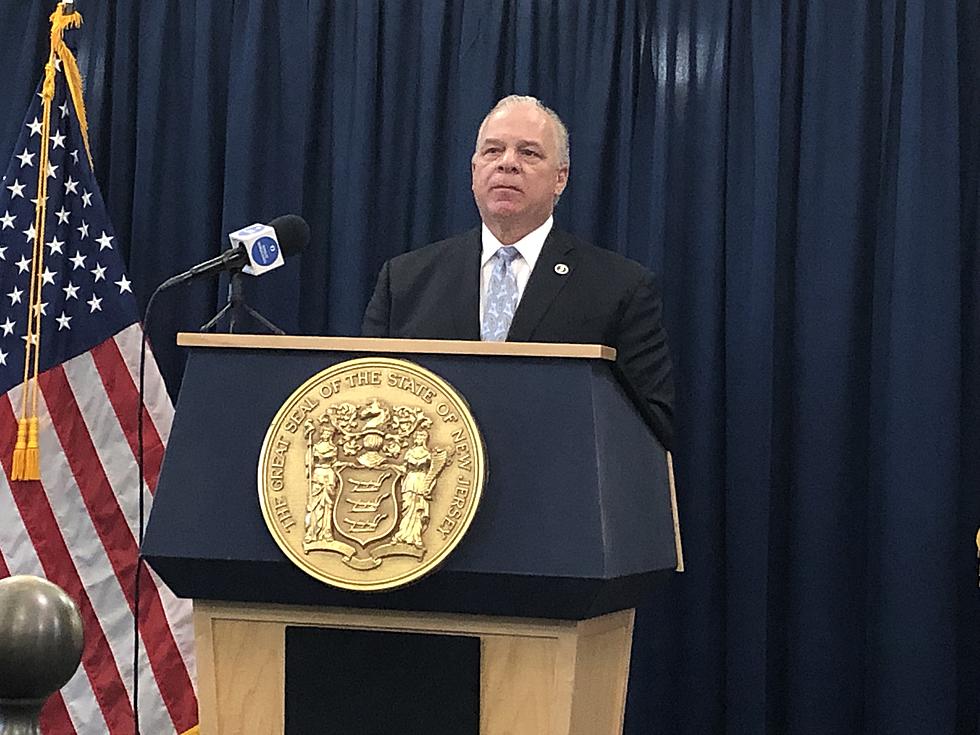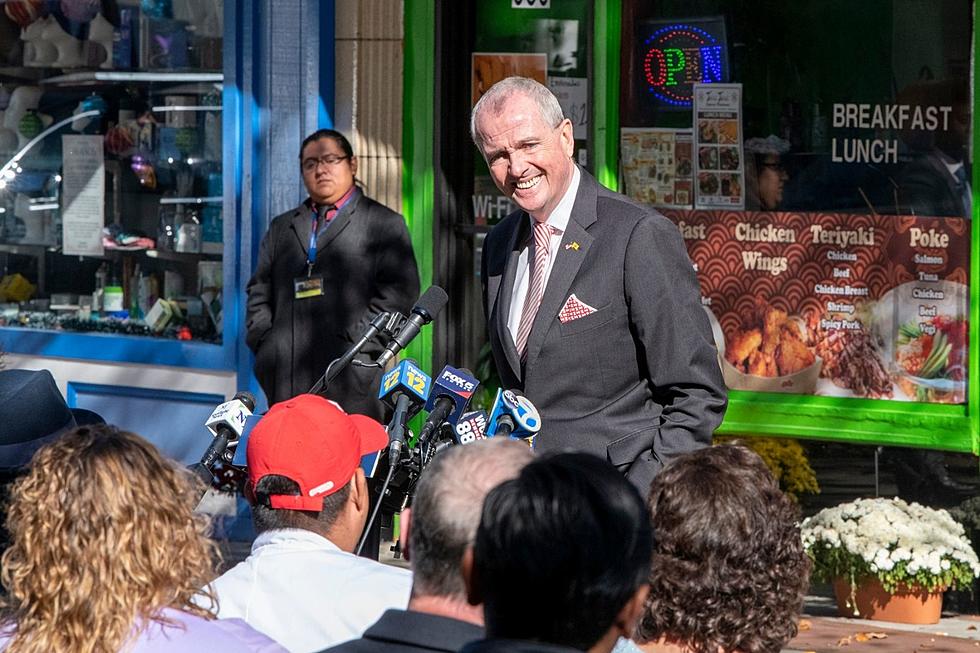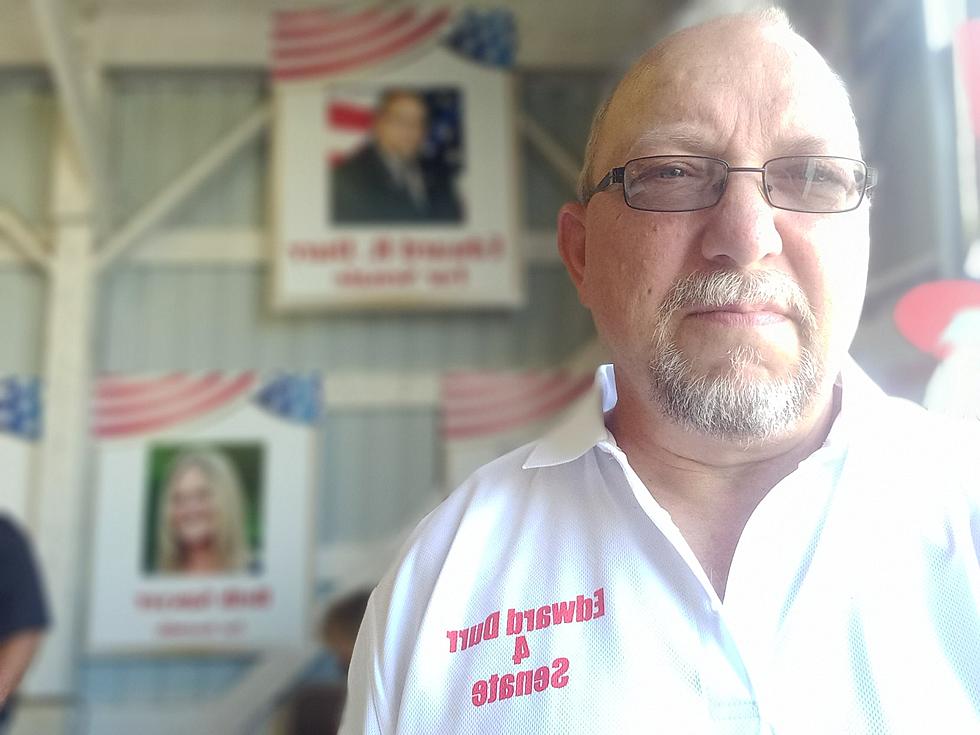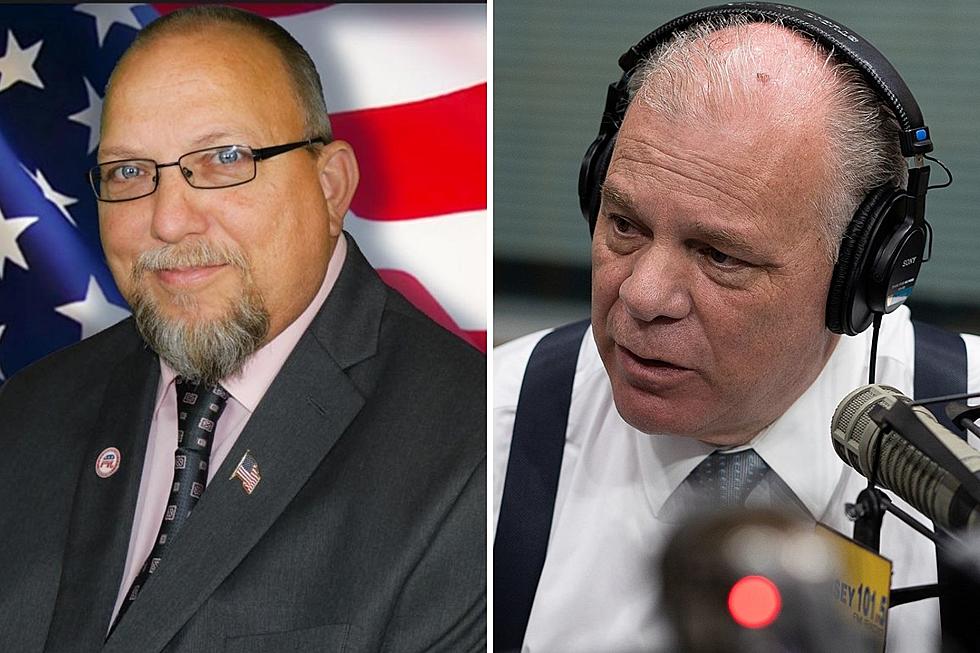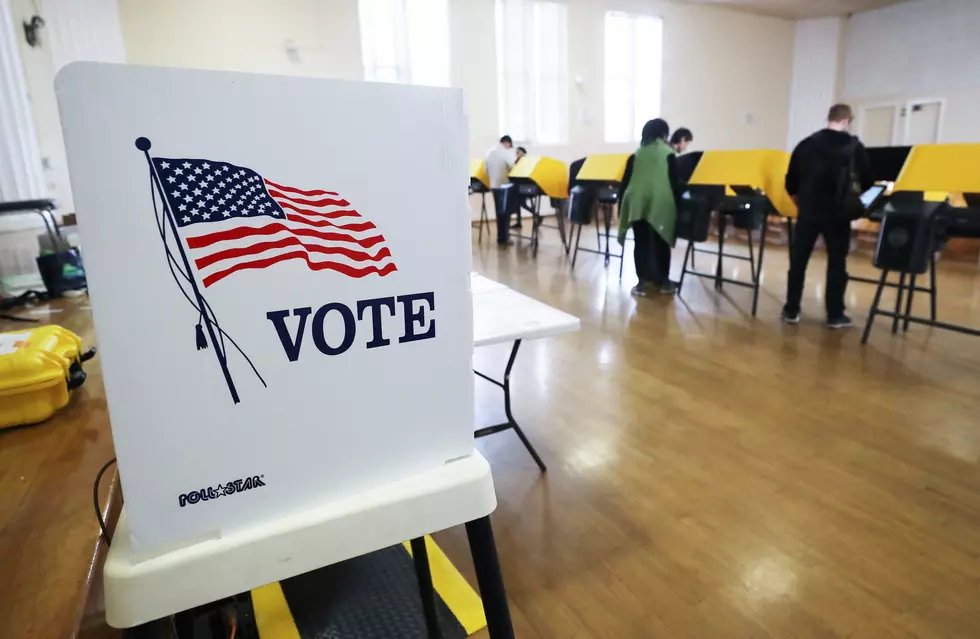
Plan for NJ early voting on machines, starting in fall, advances
TRENTON – A revamped plan to introduce early in-person voting on machines in New Jersey, starting with this fall’s gubernatorial election, was endorsed by a Senate committee Thursday.
The length of the early voting period would vary based on the election, with ones that generally get the biggest turnout having the most days. It would begin 10 days before a general election, six days before a presidential primary and four days before a non-presidential primary.
“Many states already have in-person early voting, including weekend voting. It’s long past time for New Jersey to join our sister jurisdictions and increase access to the ballot for voters,” said Henal Patel of the New Jersey Institute for Social Justice.
The Senate state government committee unanimously advanced the bill, which heads next to the budget committee for a vote.
Advocacy groups spoke in favor of the bill though made clear it’s a compromise that could be made stronger in the future. Jesse Burns of the League of Women Voters of New Jersey called it “a really strong starting point for implementing long-called-for voting reform.”
“It aims to kind of balance feasible implementation, some cost consideration, while still remaining focused on making voting more accessible and inclusive,” Burns said.
Burns said a 15-day early voting period would be preferable, as well as making the length of the availability of early voting the same for every election.
“Every election is important, and our goal in the future really should be to increase voter turnout in primaries and local elections during non-presidential years,” Burns said.
The plan would require the state to help counties buy equipment such as electronic poll books. Somerset County Clerk Steve Peter said there could be other significant costs, as well, such as for replacing older voting machines because all the equipment must be compatible with vote-counting software.
“We’re eager to invest in early voting, but we want to make sure that the Legislature and the state is equally aware of what that investment is going to entail,” Peter said.
Hunterdon County Clerk Mary Melfi, like Peter, expressed concern that the change could overwhelm the statewide voter registration system if that system’s bugs aren’t first worked out.
“I’m very proud of New Jersey for our 2020 election. We did a phenomenal job. We were a beacon of light in national politics, so I don’t want to see us lose that beacon,” Melfi said.

Mary Ciccone, director of policy for Disability Rights New Jersey, said the change could help close the turnout gap between people with disabilities and people without them, which she said was 13.4% in the 2018 election.
“There are many reasons for this lower turnout. Specifically, the ones we see a lot of are transportation and access to the polling places,” Ciccone said. “Any changes that can improve access and address these issues will likely lead to greater turnout among people with disabilities.”
Michael Symons is State House bureau chief for New Jersey 101.5. Contact him at michael.symons@townsquaremedia.com.
COMPARE: Highest 2020 property taxes in each county
More From New Jersey 101.5 FM
